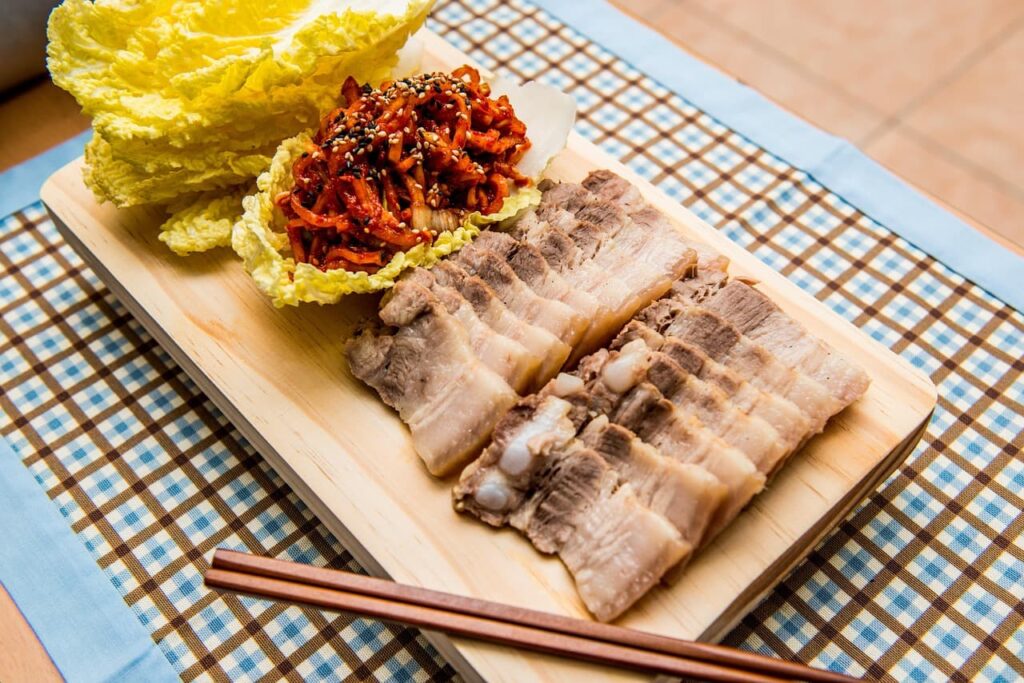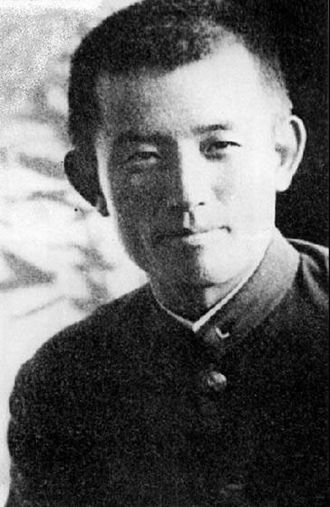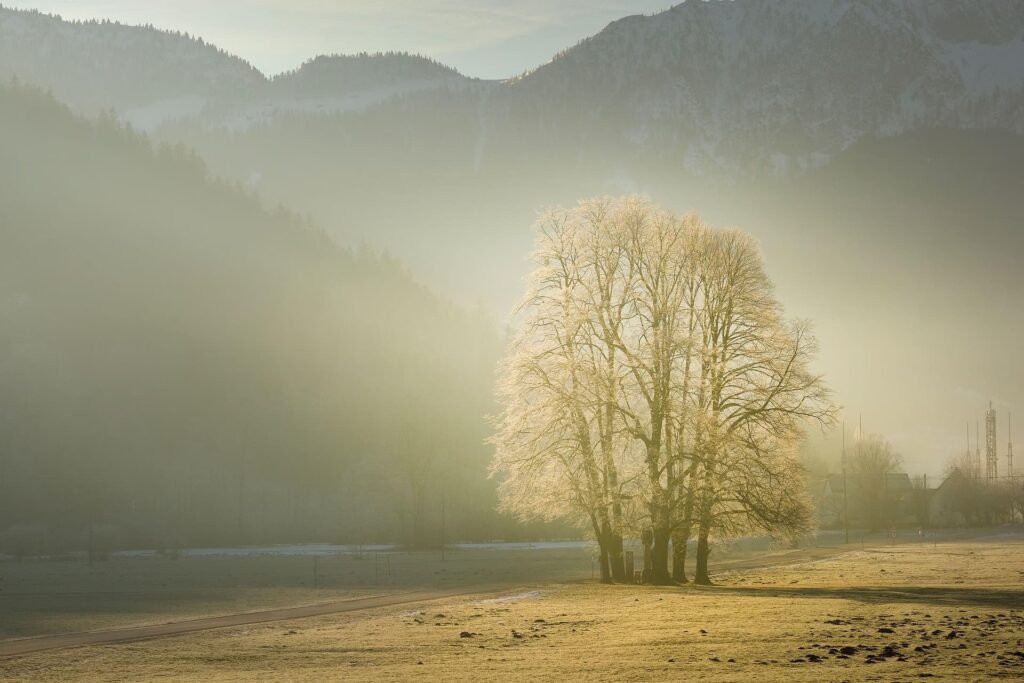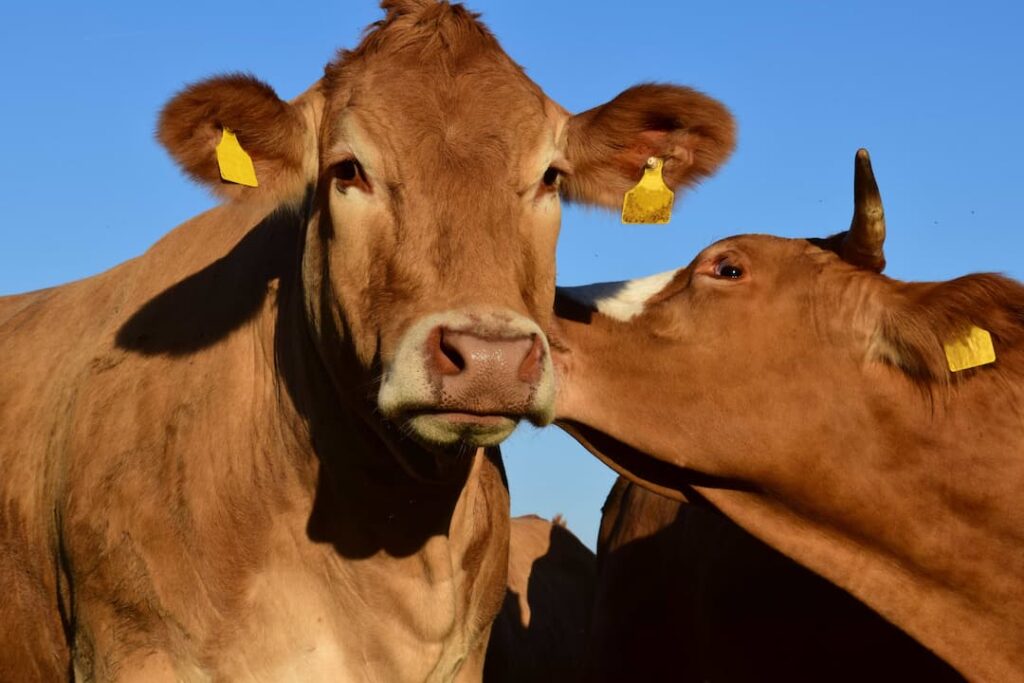88 Must-Know Expressions About Food and Taste: Korean Language & Culture
Korean culture expresses emotions, wisdom, and humor through food. This post introduces 88 common Korean expressions centered around eating and taste—like “입맛이 없다” or “밥심으로 산다.” Each comes with easy examples and cultural insights, making them perfect for Korean learners who want to sound natural and culturally aware.
88 Must-Know Expressions About Food and Taste: Korean Language & Culture Read More »






